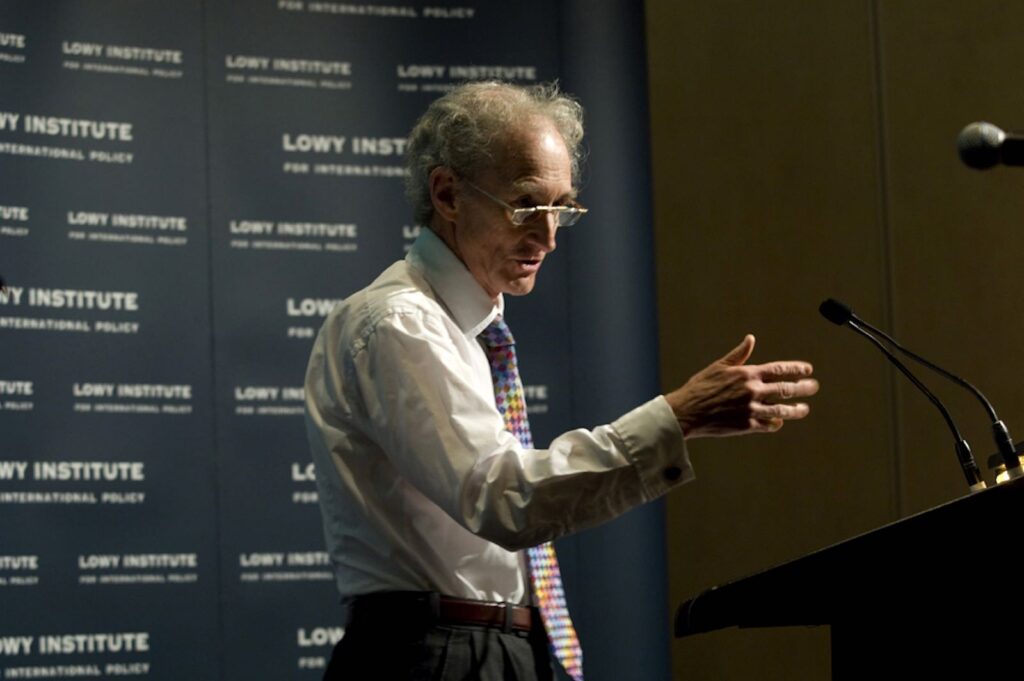“In my experience, the intellectual capability of any biologist is directly proportional to the speed of locomotion of the organisms with which they work.” Robert McCredie May.
I have had the chance to learn about scientists, their research work, and their contributions to science. Robert McCredie May, also known as Lord May of Oxford, stands out as one prolific and influential scientists of his time. His contributions to physics, mathematics, and biology have a lasting impact on our understanding of the natural world. May was a true visionary who saw the potential for interdisciplinary research and used his expertise in mathematics and physics to revolutionize our understanding of ecological systems. He was a passionate advocate for science education and policy, and his work has helped shape how we think about and approach complex scientific problems. May’s legacy as a scientist and educator is indeed remarkable, and his impact on the scientific community will be felt for generations to come.
Born in Sydney, Australia, on 8 January 1936, May attended Sydney Boys High School, where he excelled both academically and athletically. In 1956, he received his bachelor’s degree in physics from the University of Sydney. He was there until he earned his Ph.D. in superconductivity in 1959 and then conducted further research in theoretical physics as a faculty member.
May came to learn of a movement in ecology, associated with George Evelyn Hutchinson and Robert MacArthur, that aimed to put the subject on a more rigorous and quantitative footing in the late 1960s. He shifted his research focus to ecology and began applying his mathematical expertise to study ecological systems.
The transition from physics to biology was a reflection of a broader trend in science at the time toward interdisciplinary research. Many scientists saw the potential for collaboration across different fields, and May’s expertise in mathematics and physics made him well-suited to this type of work. Of course, Edward Norton Lorenz work on chaos theory also influenced May’s research. Lorenz’s work on chaos theory showed that small changes in the initial conditions of a system could lead to large, unpredictable outcomes, even in simple systems like weather patterns. This idea challenged the traditional view that the behavior of physical systems could be predicted with great precision if one had enough information about their initial conditions.
Throughout the 1970s and 1980s, May spent his summers collaborating with a rotating group of scientists at Imperial College London’s Silwood Park campus near Windsor, England. These long-term collaborations led to significant breakthroughs in several fields, including epidemiological dynamics and insect predator-prey dynamics. Later, after taking a position at the University of Oxford, May became a highly influential figure in the U.K. scientific community and was appointed government chief scientific adviser in 1995. In this role, he codified the role of science advisers, a decision that continues to be critically important during the COVID-19 pandemic. May’s advocacy for inclusivity and support of early career scientists also had a lasting impact during his tenure as president of the Royal Society.
Robert McCredie May was a highly influential scientist who made significant contributions to a wide range of fields. His work on ecological systems in particular had a major impact on our understanding of the dynamics of populations and ecosystems, and his legacy continues to influence research in theoretical ecology and related fields.
